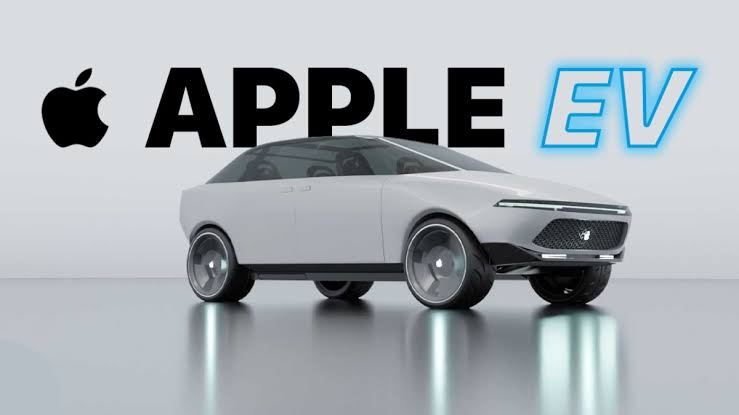Considering the success of Huawei and Xiaomi in China’s electric vehicle (EV) market, Apple may feel pressured to join the global EV race in order to compete.
Huawei’s first SUV, the Aito M7, sold 80,000 units in its first 50 days on sale, while Xiaomi, which has built an operating system for automobiles, plans to release its first electric vehicle (EV) sometime in the first half of 2019.
However, their techniques differ from established EV producers like BYD and Tesla. Huawei works with numerous Chinese automakers to fulfil its role as a developer and supplier of specialized automotive technologies. Xiaomi, known for its wide variety of products, would likely adopt a similar tactic, teaming up with BAIC initially to manufacture automobiles.
Apple may go to Chinese smartphone makers for inspiration rather than established automakers. An Apple EV debut, according to Bloomberg News, might take at least five years. Hyundai’s 2021 confirmation of partnership speculations with Apple on a car emphasizes this possibility.
Read also: Xiaomi unveils CyberDog 2: marvel of bio-inspired Robotics
Apple’s Entry Into The EV Market
Huawei’s focus on offering specialized automotive technologies, including operating systems and assisted-driving capabilities, matches its ambition to be less of a car maker and more of a technology provider. Xiaomi’s strategy, which frequently involves partnerships for product development, may extend to its EVs, with BAIC perhaps serving as the original manufacturer.
Given that Huawei and Xiaomi sell rebadged versions of cars made by other companies, consumers and potential business partners may wonder what advantages Huawei and Xiaomi have over more established EV market players like BYD and Tesla.
The success of Huawei and Xiaomi in the era of electric vehicles, where range and reliability are paramount, depends on whether or not drivers view cars as modern, technology-driven entities or as traditional products requiring a long history and heritage in safety and structural integrity. Consumers are increasingly focused on conveniences like giant cockpit screens, wireless phone charging, and connectivity, while safety remains a guarantee thanks to strict rules.
Huawei and Xiaomi, despite their promise, must overcome obstacles, such as the importance of avoiding missed deadlines like those experienced by Tesla, which damage their reputation. Partnerships with third-party automakers are crucial to the success or failure of these smartphone giants-turned-EV hopefuls.
Even if they fail, Apple may gain trust in its supply chain management and relationships with contract manufacturers, which might inspire the company to enter the EV market.




